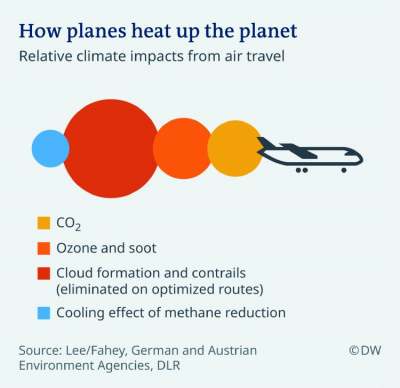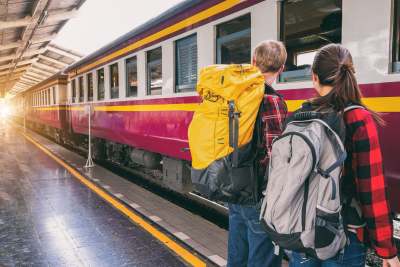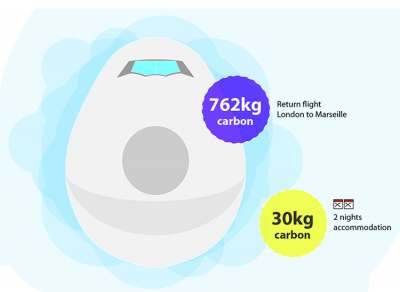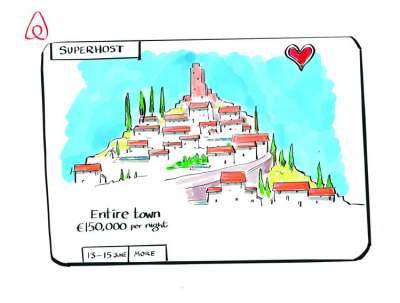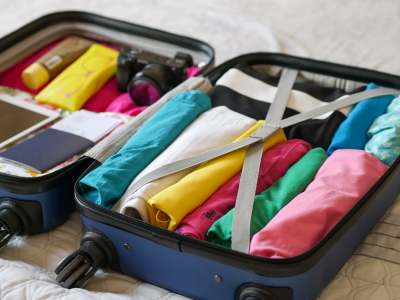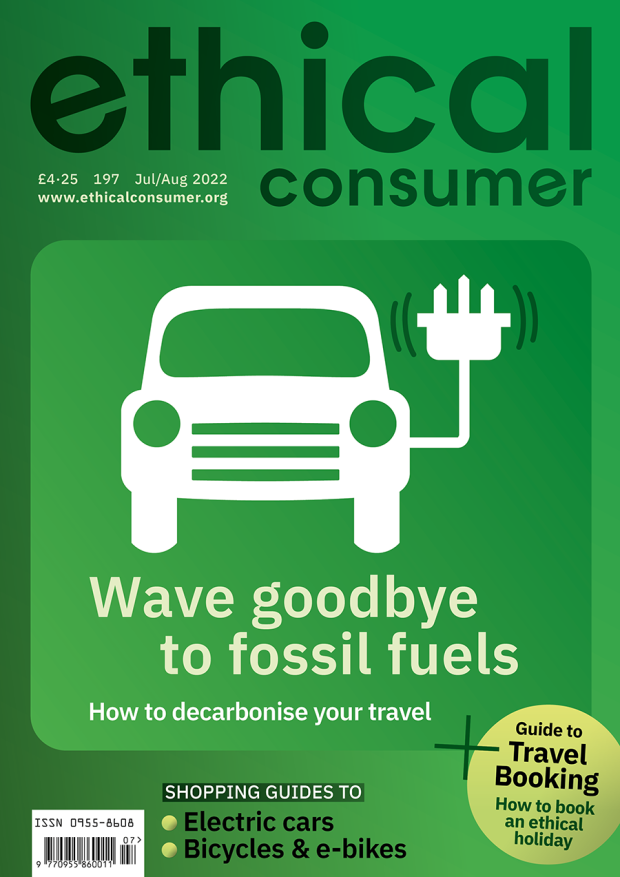Finding an ethical and sustainable travel company
If you’re taking a trip, it is still possible to visit a travel agent or ticket office, but these days you’re much more likely to be looking up options online yourself.
Huge tech companies have evolved into the travel space, known in the industry as OTAs (Online Travel Agencies). Their goal is to display options in a way that will seamlessly convert you from browser to buyer.
This guide exposes the poor environmental and financial behaviour of some of the biggest online travel booking companies used in the UK. It also looks at several other key issues in the world of travel booking: ever expanding aviation; the highs and lows of tourism; holiday homes vs housing and accommodation eco-labels.
We have also rated some smaller and more mission-driven operations, and highlight some non-profit home-sharing sites, tips to help you travel flight-free, environmental package holiday operators, and a range of working holiday websites.
All the companies on our score table are in the business of offering options for travel booking, be it a flight, hotel or other type of accommodation such as hostels, glamping and spare rooms.
The only companies in this guide that own any of the accommodation or means of travel they are offering are the YHA and TUI. But through the sheer volume of commissions, advertising and merchant fees – not to mention tax avoidance – many of the others have got to the point where their highest-paid directors are creaming off literally millions in compensation each year.


